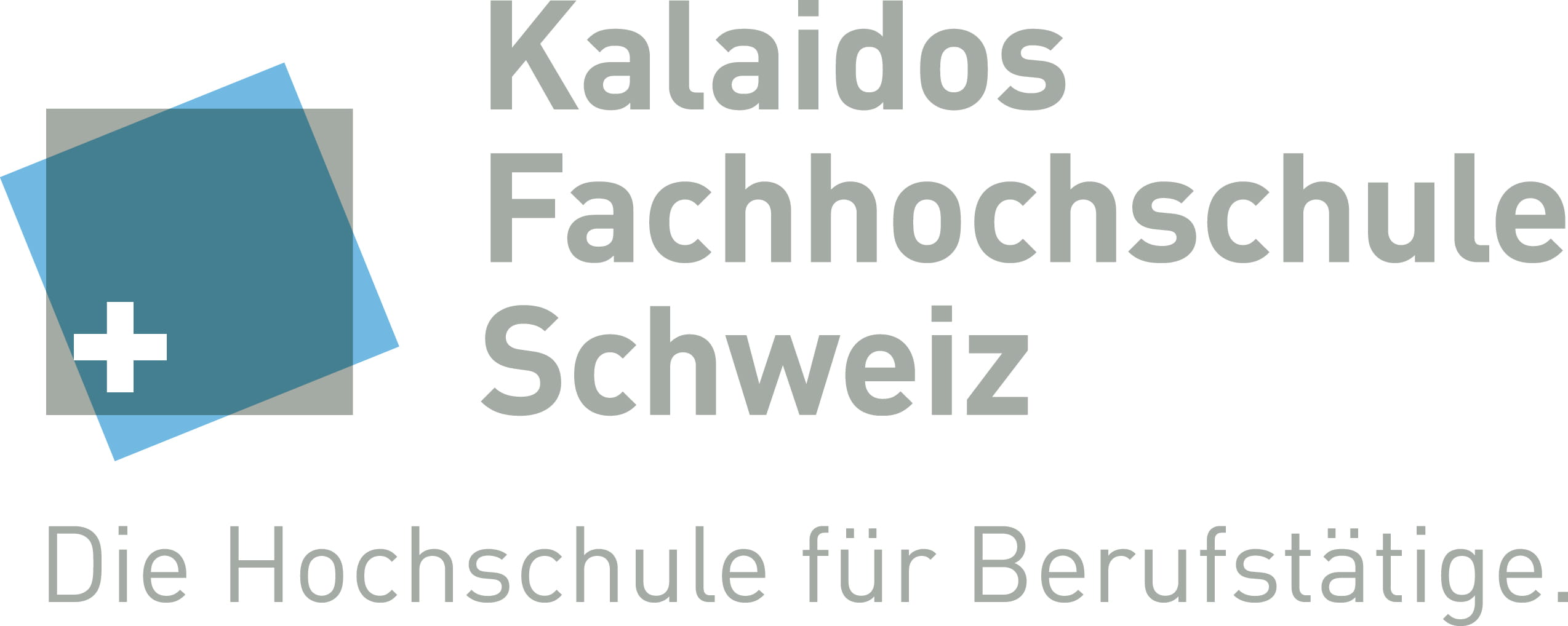Altersversorgungsnetzwerk CareNet+
Die Alterung der Gesellschaft, immer mehr und lang andauernde chronische Erkrankungen sowie häufigere Multimorbidität fordern das System der Altenhilfe in der Schweiz massiv heraus: Gerade unter den Älteren gibt es vermehrt Menschen in besonders komplexen Bedarfslagen.
Ausgangslage
Wenn zu einer oder mehreren chronischen Krankheiten ein weiteres kritisches Lebensereignis oder eine Akuterkrankung hinzukommt, allenfalls zudem Mobilitätseinschränkungen bestehen, und ausgerechnet diesen Menschen vor Ort ein tragfähiges soziales Netz fehlt – dann sprechen wir von besonders komplexen Lebens- und Gesundheitssituationen. Dann werden oft verschiedene Leistungen in den Bereichen Medizin, Pflege und Soziales nötig. Die Leistungserbringer sind aber oft nicht gut aufeinander abgestimmt, einzelne Leistungen werden vielfach isoliert erbracht, vielerorts herrscht ein «Gärtlidenken». Die Hilfeprozesse sind nicht optimal, die Betroffenen oft überfordert, und die Versorgung zu Hause gerät vorschnell an ihre Grenzen.
Projekt
Hier setzt das integrierte Altersversorgungsnetzwerk CareNet+ an: ein zweijähriges Modellprojekt im Bezirk Affoltern am Albis in Trägerschaft von Pro Senectute Kanton Zürich. Es knüpft am bestehenden Versorgungssystem an und zielt auf eine besonders intensiv koordinierte fallbezogene Zusammenarbeit unter den bestehenden Leistungserbringern. Durch die ergänzenden Koordinationsleistungen sollen die gemeinsam mit allen Beteiligten getroffenen Massnahmen bestmöglich aufeinander abgestimmt – und damit der Einsatz der personellen und finanziellen Mittel optimiert – werden. Das Koordinationszentrum für Gesundheit und Soziales versteht sich als unabhängige und neutrale Stelle, die keine eigenen Interessen vertritt.
Evaluation
In der Evaluation werden Ergebnis- und Wirkungsaspekte der Pilot-Fälle analysiert. Nicht zuletzt auch die Wirkungen auf gesundheitsökonomischer Ebene: lässt sich die Hilfe damit auch unter finanziellen Gesichtspunkten verbessern, trägt eine so koordinierte ambulante Versorgung dann den Verbleib zu Hause länger? Methodisch werden Dokumentenanalysen, prozessgenerierte Falldaten, Fokusgruppengespräche sowie Interviews mit Fachpersonen der unterschiedlichen beteiligten Anspruchsgruppen einbezogen.
Careum Forschung bringt eine gezielte Expertise im Themenfeld Angehörigenforschung, Koordination, Case Management und integrierte Versorgungsprozesse am Gesundheitsstandort Privathaushalt ein. Ziel dieses Evaluationsteils ist es, die Perspektive der Pflegebedürftigen bzw. deren Angehöriger mit ins Zentrum zu stellen. Dazu werden diese mittels leitfadengestützten Fragebögen zu mehreren Zeitpunkten befragt.
Projektkonsortium und –team
INFRAS: Thomas von Stokar, Judith Trageser, Eva Gschwend
Careum Forschung: Prof. Dr. Ulrich Otto, Anna Hegedüs, Hannah Wepf, Amelie Zentgraf
Laufzeit
2016–2018
Weiterführende Informationen
Altersversorgungsnetzwerk CareNet+
Evalutionsbericht (November 2018)
Bericht Zwischenevaluation (Juli 2017)
Scheibli, E. (2018). CareNet+: Ein CM-Projekt mit Zukunft: Case Management an der Schnittstelle von Gesundheits- und Sozialpolitik. Case Management, 15(2), 63–67.





